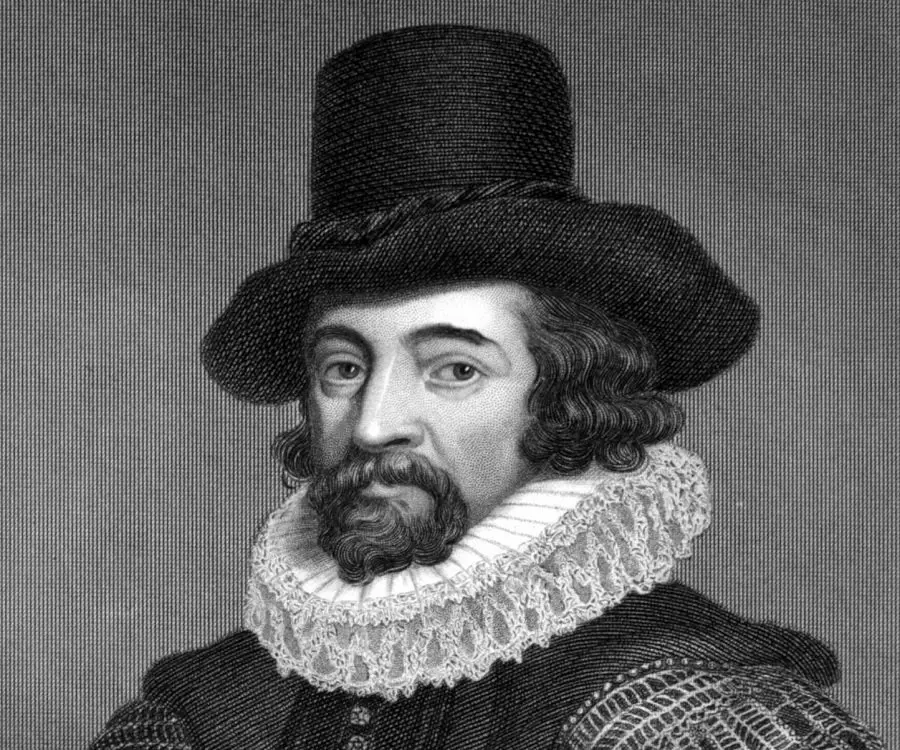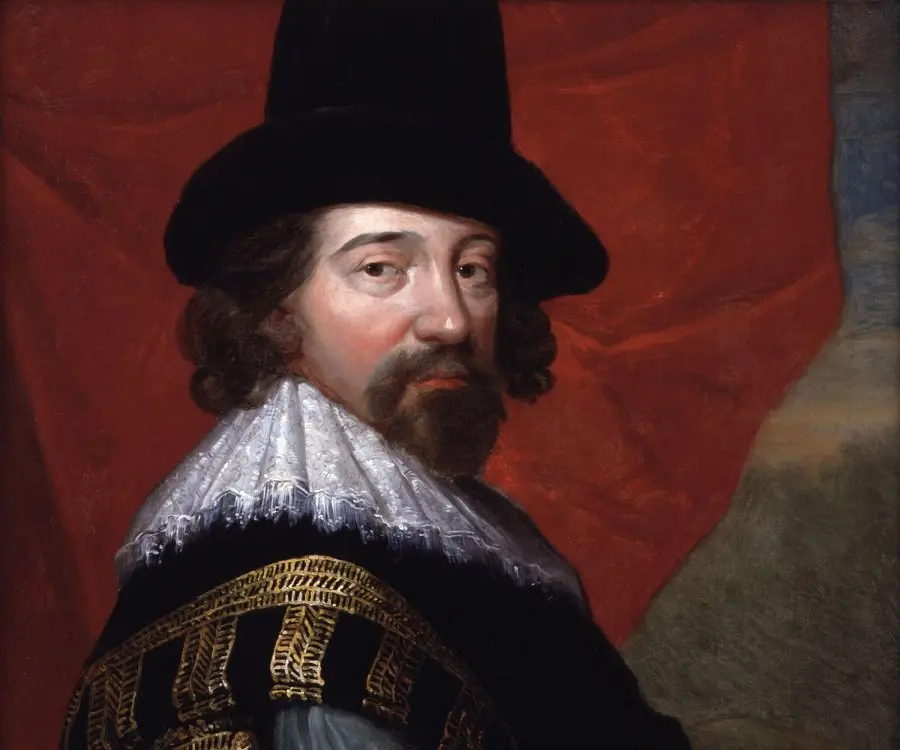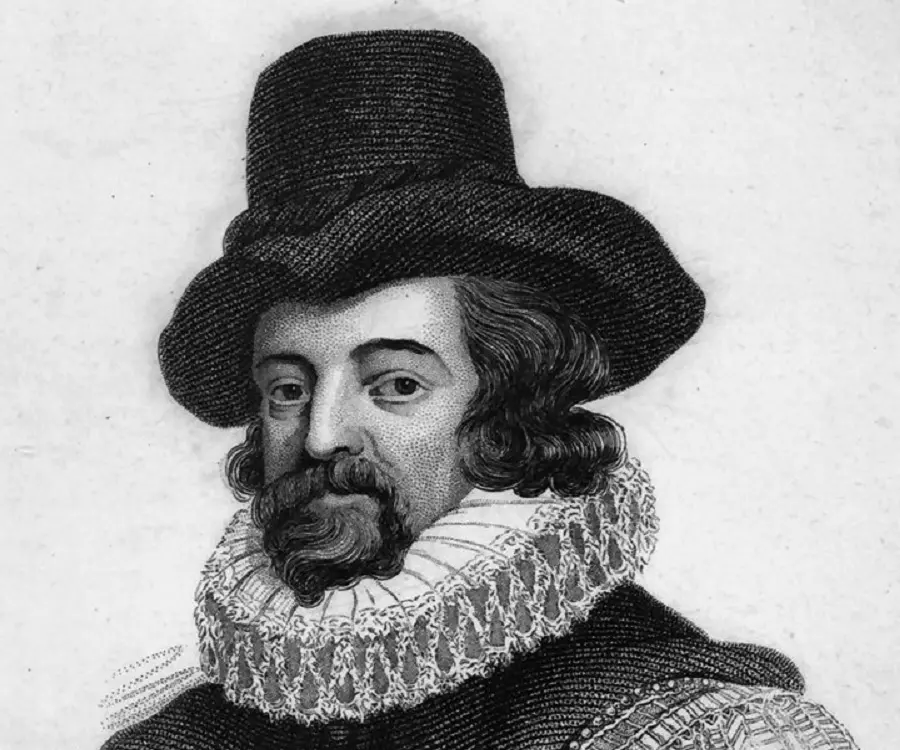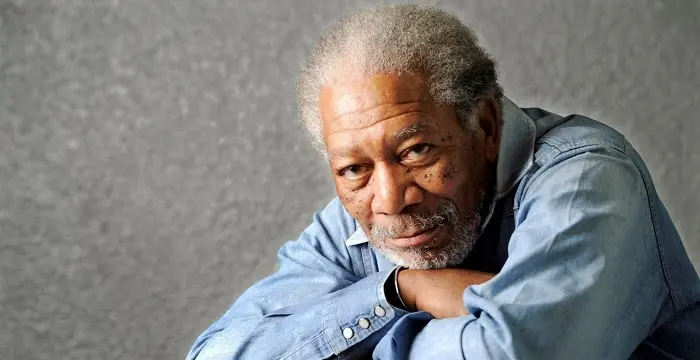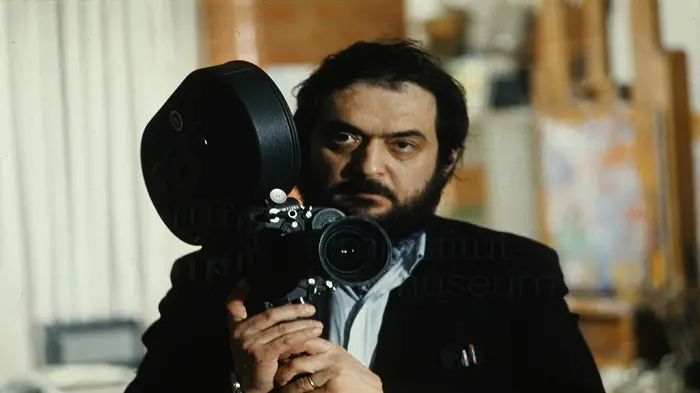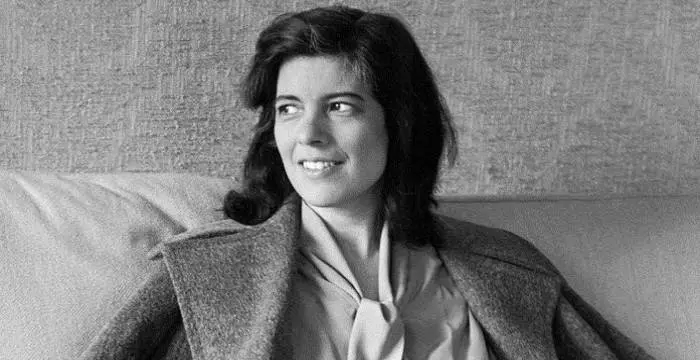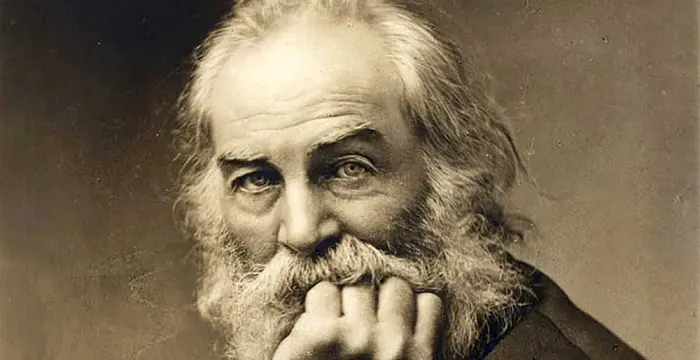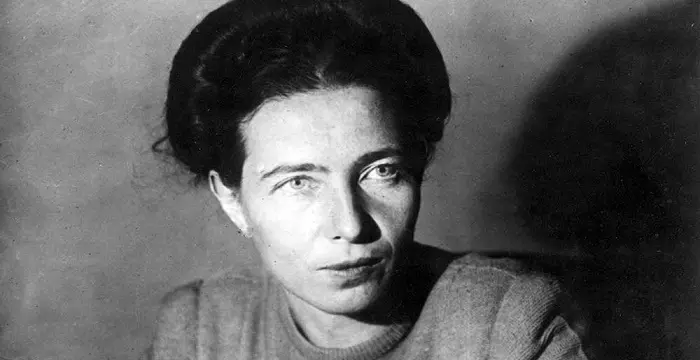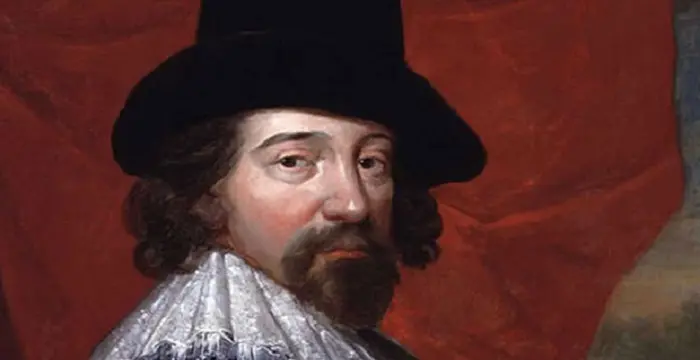
Francis Bacon - Atheists, Family and Childhood
Francis Bacon's Personal Details
Francis Bacon was a legendary English statesman and philosopher
| Information | Detail |
|---|---|
| Birthday | January 22, 1561 |
| Died on | April 9, 1626 |
| Nationality | British |
| Famous | Atheists, Bisexual, Intellectuals & Academics, Philosophers |
| Spouses | Alice Barnham (m. 1606–1625) |
| Siblings | Anthony Bacon |
| Universities |
|
| Notable Alumnis |
|
| Birth Place | Strand, London, England |
| Gender | Male |
| Father | Sir Nicholas Bacon |
| Mother | Anne (Cooke) Bacon |
| Sun Sign | Aquarius |
| Born in | Strand, London, England |
| Famous as | Philosopher |
| Died at Age | 65 |
// Famous Philosophers
Martin Buber
One of the greatest philosophers to have ever walked on earth, Martin Buber contributions to philosophy is a long-standing one. Explore all about his profile, childhood, life and timeline here.
Lao Tzu (Laozi)
Lao Tzu was a legendary Chinese philosopher who wrote the important “Daodejing”. This biography profiles his childhood, life, career, achievements and timeline.
Alan Watts
Alan Watts was a famous British philosopher known for his Zen teachings and interpretations of Eastern philosophy. Read more about this great philosopher in the following article.
Francis Bacon's photo
Who is Francis Bacon?
Francis Bacon was a legendary English philosopher, scientist, lawyer, author, statesman, jurist and father of the scientific methods. He was one of the most influential personalities in natural philosophy and was also a key thinker to develop new scientific methodologies. He served both as Attorney General as well as Lord Chancellor of England. Leaving apart the disgraceful ending of his political career, throughout his life, Bacon continued to be quite an influential politician because of his work, specifically as philosophical advocate and practitioner of the scientific method and pioneer in the scientific revolution. He has been known as the “Father of Empiricism”. Francis Bacon’s work led and popularized inductive methodologies for scientific inquiry. These methodologies are also often denoted as Baconian method. The rhetorical and theoretical composition for science faced a new turn as a result of the Bacon’s appeal for a planned procedure of investigating all things natural, most of which still encircle ideas of proper methodology even today.
// Famous Intellectuals & Academics
Bertil Gotthard Ohlin
Bertil Gotthard Ohlin was a famous Swedish economist. This biography profiles his childhood, family life & achievements.
Emily Greene Balch
Emily Greene Balch was an American economist, sociologist and pacifist who won the 1946 Nobel Peace Prize. This biography of Emily Greene Balch provides detailed information about her childhood, life, achievements, works & timeline.
Martin Buber
One of the greatest philosophers to have ever walked on earth, Martin Buber contributions to philosophy is a long-standing one. Explore all about his profile, childhood, life and timeline here.
Biography detail
Early Life
Francis Bacon was born on January 22, 1561 at York House near the Strand in London. He was born to Sir Nicholas Bacon and his second wife Anne (Cooke) Bacon. His mother was the daughter of great humanist Anthony Cooke. It is believed that junior Bacon received education at home only, in the starting years of his life due to bad health. He received tuitions from John Walsall who was a graduate of Oxford with a strong bending towards Puritanism. On April 5, 1573, Bacon gained admission in Trinity College, Cambridge at the age of 12. He lived there for three years with his older brother, Anthony under the personal guardianship of Dr John Whitgift, future Archbishop of Canterbury.
Young Bacon was taught mainly in Latin followed by the medieval curriculum. He went on to get education from the University of Poitiers. At the Cambridge, he met Queen Elizabeth, who was influenced by his exceptionally smart intellect called him "the young Lord Keeper". Bacon’s studies guarded him to the belief that the methods and results of science as practiced then were completely wrong. His high opinion for Aristotle conflicted with his strong disliking of Aristotelian philosophy. He took the Aristotelian philosophy as unprofitable, argumentative and incorrect in its objective. He and his brother, Anthony entered de societate magistrorum at Gray's Inn on 27th June, 1576. After some months, Bacon went abroad with Sir Amias Paulet, the English ambassador at Paris. His brother continued studying at home only.
In France, the state of government and society under Henry III gave Bacon valuable political instructions. Following three years, Bacon visited Blois, Poitiers, Tours, Italy and Spain. He studied languages, statecraft, and civil law while accomplishing routine diplomatic tasks. He also delivered diplomatic letters to England for Walsingham, Burghley, and Leicester and for the queen as well. In 1579, Bacon’s father died suddenly inducing him to return to England. Sir Nicholas arranged a nice amount of money to buy an estate for his youngest son but died before the same. Francis got only a fifth of that sum of money thereafter. As Bacon had taken loan, he went bankrupt. He, then, in 1579, accommodated his residence in law at Gray’s Inn.
Parliamentarian
The three chief goals of Bacon were to uncover truth, to serve his country, and to serve his church. Bacon looked further to these by attempting to get a prestigious post. He also applied for a post in the court through his uncle; Lord Burghley in 1580 which he believed would allow him to pursue a life of learning but his application was rejected. Following two years, he worked at Gray’s Inn, only to be admitted as an outer barrister in 1582. He took his seat in the parliament for Melcombe in Dorset in 1584 and afterwards for Taunton in 1586. This was the time when Bacon started writing on the condition of church parties and also on the topic of philosophical reform in the lost tract, Temporis Partus Maximus.
Even after working for long, Bacon did not succeed in acquiring the position he desired for that would lead him great success. He exhibited signs of sympathy to Puritanism by attending the sermons of the Puritan chaplain of Gray's Inn. He also accompanied his mother to the chapel to hear Walter Travers. As a result, his earliest surviving track got published which criticized the English church's suppression of the Puritan clergy. In the year 1586, Bacon openly disapproved the execution of queen of Scots, Mary. Due to his increasing progress at the bar, Bacon contacted his uncle for help. The same year, he became Bencher and was chosen as a reader in 1587. He delivered his first lecture in Lent the very next year. Bacon accepted the valuable appointment of reversion to the Clerkship of the Star Chamber in 1589, though he took to office formally only in 1608.
Later Life
Francis Bacon acquainted with Robert Devereux who was 2nd Earl of Essex and favorite of Queen Elizabeth and by 1591, became the earl's confidential adviser. The following year, Bacon was authorized to write a tract in response to the Jesuit Robert Parson's anti-government polemic, which he gave the headline as “Certain Observations Made Upon A Libel”, recognizing England with the ideals of democratic Athens opposite of the belligerence of Spain. In February 1593, Queen Elizabeth called parliament to investigate a Roman Catholic plot against her. His opposition to a bill that would impose triple allowance in half of the normal time was repelled by a lot of people. He was blamed as a popularity seeker by the opponents and was expelled by the royal court for some time.
Year 1594 and 1595 did not bring much of good news for Bacon as he meted with failure. First, in 1594, he failed to bag the Attorney-Generalship seat that had gone vacant. Next in 1595, he failed to save the lesser office of Solicitor-General. Even Lord Essex also could not use much of his power and influence on both the occasions. In 1596, Bacon was appointed as the Queen's Counsel. During this phase, Bacon’s financial position remained dubious. The effort of his friends to find him a public office also seemed to go in vain as they couldn’t find any. Also, his strategy for recovering his lost position by marrying a rich and young widow Lady Elizabeth Hatton failed, when she broke off with him and married a wealthier man. As such, in 1598, Bacon was arrested for debt.
However, slowly but steadily, his image in the eyes of Queen improved, as he grabbed himself a place in the standing of the learned counsels, though without any salary, commission or warranty. He further raised his image in the Queen’s eye by making a clever move by detaching ties with Robert Devereux, 2nd Earl of Essex as he was executed in 1601 for treason. Also, Bacon with the team was asked to investigate all the charges against Essex. Bacon was a member of the legal team at Essex's treason trial led by Attorney General, Sir Edward Coke. Post execution, Bacon was appointed to write the official government account of the trial by the Queen. These accounts were published as ‘A Declaration of the Practices and Treasons’. However, the first draft presented by the Bacon was edited by the Queen and her ministers up to a great extent.
Meeting James I
When James I came to the power, he brought great favors for Bacon, for the latter was knighted in 1603. Bacon also did another clever move by writing an apology in consideration of his proceedings in Essex case. This was mainly because Essex played a major role in letting James come to power. At last, Bacon was given an office of Solicitor-General in June 1607. The next year, he started working as the Clerkship of the Star Chamber and had a good income. But still because of his old debts, he remained indebted. Bacon continued to support King James and his absolute policies to grab promotion and wealth. The forth session of James’s firstparliament took place in 1610. Not heeding Bacon’s advice, James and the Commons discovered themselves at odds over royal prerogatives.
The parliament dissolved in February 1611. All through this time, Bacon remained in the favor of the King and also retained the confidence of the Commons. Bacon was appointed as Attorney General, after he gave advice to the King on the shuffling of judicial appointments in 1613. In the April of 1614, the “Prince's Parliament" raised questions on Bacon’s presence in the Cambridge seat and all the royal plans supported by him. Therefore a law came into being that prohibited Attorney General to sit in parliament. In 1616, after becoming the Attorney General, he prosecuted Somerset. Most of his peers were jealous and angry of him seeing his closeness with the King. But King remained in the influence of Bacon and in March 1617, he was appointed as the temporary Regent of England and subsequently as Lord Chancellor in 1618.
As A Lord Chancellor
The image of Bacon among public ended disgracefully in 1621. He again fell into debts and a parliamentary committee on the administration of the law charged Bacon with twenty-three separate counts of corruption. Later, Bacon was sentenced with a fine of £40,000. The punishment was remitted by King and Tower of London committee. Bacon was imprisoned just for few days only. Thereafter, the parliament declared him inadequate for holding future office. Bacon escaped from the eyes of people and indulged in study and writing.
Personal Life
Bacon was courting a young widow Elizabeth Hatton but she broke up with him and accepted marriage to a wealthier man- Edward Coke. Later at 45, Bacon married Alice Barnham. She was the daughter of a London MP. Bacon also wrote two poems expressing his love towards Alice, first during his courtship and second on their wedding anniversary on May 10, 1606. But their relationship turned dicey when Bacon fell into debts. Later, Bacon decided to stay away from her, as she was in a secret relationship with John Underhill. Also, Bacon rewrote his will and took back all his wealth from her. Many people also speculated that despite his marriage, he was attracted towards the same sex. Examples were also set of the King-Bacon relationship.
Death
On April 9 1629, Francis Bacon died at Arundel mansion at Highgate outside London due to severe pneumonia. John Aubrey gave a brief description on the account of his death. It is said they were experimenting some scientific method by using snow for preserving meat. Bacon went to poor lady’s home at the Highgate hill. He brought fowl from there after asking woman to clean the same. Then he stuffed fowl with lots of snow but developed dangerous disease, pneumonia. During the process, he felt so ill that he was unable to get well again. Rather he went to the Earle of Arundel's house at Highgate where he was put into a damp cloth. Due to the cold, he died of suffocation. At Bacon’s funeral, 30 great minds praised him a lot, which were later published as a collection in Latin.
// Famous Atheists
Morgan Freeman
Morgan Freeman is an Academy Award winning actor known for his work in movies like ‘Street Smart’, ‘Driving Miss Daisy’ and ‘Million Dollar Baby’. This biography provides detailed information about his childhood, life, achievements, works & timeline.
Robert Smith
Robert Smith is an English musician and the lead singer of the British rock band, ‘The Cure.’ This biography of Robert Smith gives detailed information on his profile, childhood, life and timeline.
Stanley Kubrick
Stanley Kubrick was a screenwriter and film director known for his movies like ‘The Clockwork Orange’ and ‘The Shining’. This biography of Stanley Kubrick provides detailed information about his childhood, life, achievements, works & timeline.
// Famous Bisexual
Bella Thorne
Bella Thorne is an American actress and singer. Let’s have a look at her personal and family life including age, net worth, relationships and fun facts.
Susan Sontag
Susan Sontag is an American critical essayist, cultural analyst, novelist, political activist, filmmaker and playwright of international repute. Read on to find out more about her childhood, career, profile and timeline.
Anna Paquin
Anna Paquin is a Kiwi film, theatre and television actress known for her roles in movies like ‘The Piano’, ‘Fly Away Home’, and ‘X-Men. This biography provides detailed information about her childhood, life, achievements, works & timeline.
Walt Whitman
Walt Whitman was an American poet, journalist and humanist. Read this brief biography to find more on his life & timeline.
Simone de Beauvoir
Simone de Beauvoir was an eminent French writer, intellectual, activist, and philosopher. This biography profiles her childhood, life, thoughts, achievements and timeline.
Debbie Harry
Debbie Harry is a singer-songwriter who served as the lead singer of the new wave band, Blondie. This biography of Debbie Harry provides detailed information about her childhood, life, achievements, works & timeline.
Francis Bacon's FAQ
What is Francis Bacon birthday?
Francis Bacon was born at 1561-01-22
When was Francis Bacon died?
Francis Bacon was died at 1626-04-09
Where was Francis Bacon died?
Francis Bacon was died in Highgate, London, England
Which age was Francis Bacon died?
Francis Bacon was died at age 65
Where is Francis Bacon's birth place?
Francis Bacon was born in Strand, London, England
What is Francis Bacon nationalities?
Francis Bacon's nationalities is British
Who is Francis Bacon spouses?
Francis Bacon's spouses is Alice Barnham (m. 1606–1625)
Who is Francis Bacon siblings?
Francis Bacon's siblings is Anthony Bacon
What was Francis Bacon universities?
Francis Bacon studied at Trinity College Dublin,Trinity College, Cambridge, Trinity College, Cambridge, University of Poitiers, University of Cambridge
What was Francis Bacon notable alumnis?
Francis Bacon's notable alumnis is Trinity College Dublin, Trinity College, Cambridge
Who is Francis Bacon's father?
Francis Bacon's father is Sir Nicholas Bacon
Who is Francis Bacon's mother?
Francis Bacon's mother is Anne (Cooke) Bacon
What is Francis Bacon's sun sign?
Francis Bacon is Aquarius
How famous is Francis Bacon?
Francis Bacon is famouse as Philosopher



